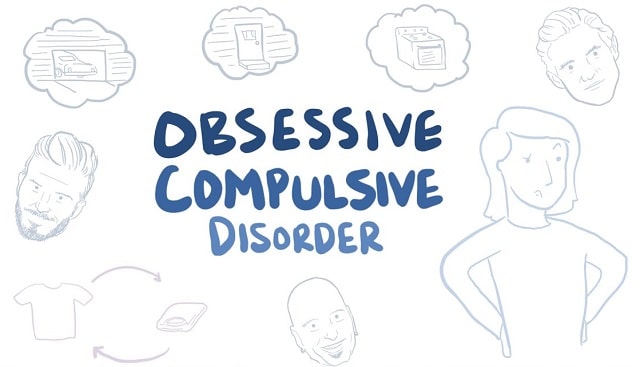
The past three weeks have been stressful. And effort-draining too. But if only we had known what was wrong with my niece, things wouldn’t have gotten this bad. She seemed to have lost control of her emotions and thoughts, and we all didn’t understand why.
At first, we assumed it is the usual behavioral change among adolescents. But she is only 11, why would things change this much? Undeniably, this condition was draining her and compromising the quality of her life. Besides, as a family, we couldn’t handle it.
It was not until my friend Bruce visited that we got an idea. A new way to look at it. Was it OCD? Perhaps a Lexington OCD center would be vital. And it was.
It is in this light that I chose to take a more in-depth look into what the condition is. Clearly, information has been missing, and the little that we shall address here will make a huge difference.
What Is OCD And When Does It Start?
Obsessive-Compulsive disorder is a mental problem characterized by irrational thoughts, fears, as well as obsessions. These thoughts will often result in compulsive behaviors, which could be costly in the long run.
In most cases, persons with OCD will showcase an unusual fear of various things, including germs, specific arrangements, and an awkward dislike of contamination. Sometimes, they will showcase ruminations as well as intrusive thoughts.
Their thoughts will often be put into various categories; contamination, checking, symmetry, and disturbing thoughts. Some patients could end up hoarding items, or become constant doubters. These thoughts will often affect their social life and even work.
Whereas OCD tends to be relatively common during childhood and early adolescent years, it can start at any age. In most cases, it will begin between the age of 10 and 12. It is also predominant among late teens and early adults. You could also find children between 6 and 7 years with it.
Common Symptoms Of OCD
While the signs and symptoms will often vary from one patient to another, there are always standard ones. Such will often include the following.
· They will always have a strong attachment to religious and moral ideas
· They prioritize symmetry, order, and perfectionism
· They will excessively keep double-checking things, including switches, locks, and appliances
· Most of their time gets wasted in washing, cleaning, and arranging stuff
· Engage in various rituals that are mostly triggered by religious fears
· Accumulate lots of junk
However, it would be fair to point out that the mentioned symptoms are not exhaustive.
Is There An OCD Treatment?
In most cases, treatment will involve both self-care and professional therapy. Perhaps you need to take a look at each one of them.
· Self-Care
This form of care has proven to be not only effective but also reliable. It involves understanding your triggers and learning how to resist them. Take the time to challenge your obsessive thoughts too. It is after this that you might want to reach out for professional help.
· Therapy
Undoubtedly, professionals will give you comprehensive treatments at all times. Usually, you will be sure of getting a talking therapy as well as prescription medications such as SSRIs, antidepressants, and anxiolytic.
In conclusion, OCD is relatively common, and you should never feel left out. However, it is upon you to take the necessary steps to correct it and lead a quality life in the long run.
